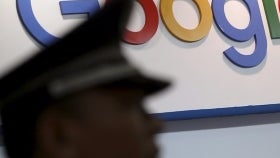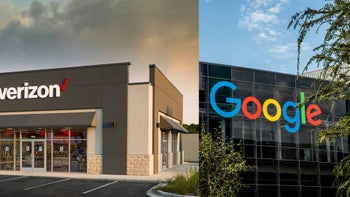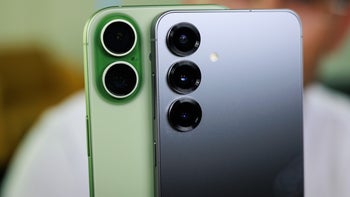Google picks up a $2.72 billion fine by the EU for abuse of power

The EU has been investigating Google for some time now, in connection with its Google Shopping service. According to the European Commission, Big G has abused its power as the leading search engine, in order to promote Google Shopping over its competitors in the price-comparison market.
The investigation concluded today, and the Commission has fined Google €2.42 billion ($2.72 billion), after it found Google guilty of breaching EU antitrust rules. The tech giant must end the practice of unfairly promoting its service over others via its search engine within 90 days, or it will face a penalty of up to 5% of the average daily worldwide turnover of its parent, Alphabet. Needless to say, that's a lot of money.
According to regulators, Google's illegal practices have resulted in some of its competitors losing up to 92% of their traffic. The official press release claims that some competitors managed to recover a portion of their lost traffic, “but never in full.”
“Google has come up with many innovative products and services that have made a difference to our lives,” Commissioner Margrethe Vestager, in charge of competition policy, said. “That's a good thing. But Google's strategy for its comparison shopping service wasn't just about attracting customers by making its product better than those of its rivals. Instead, Google abused its market dominance as a search engine by promoting its own comparison shopping service in its search results, and demoting those of competitors.
What Google has done is illegal under EU antitrust rules. It denied other companies the chance to compete on the merits and to innovate. And most importantly, it denied European consumers a genuine choice of services and the full benefits of innovation.”
Follow us on Google News














Things that are NOT allowed:
To help keep our community safe and free from spam, we apply temporary limits to newly created accounts: